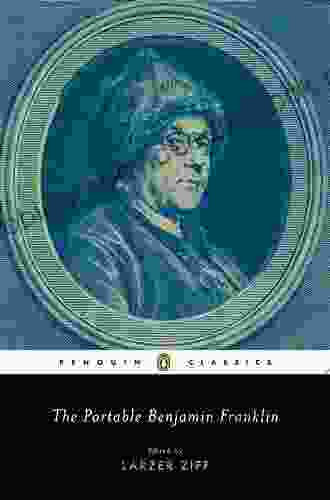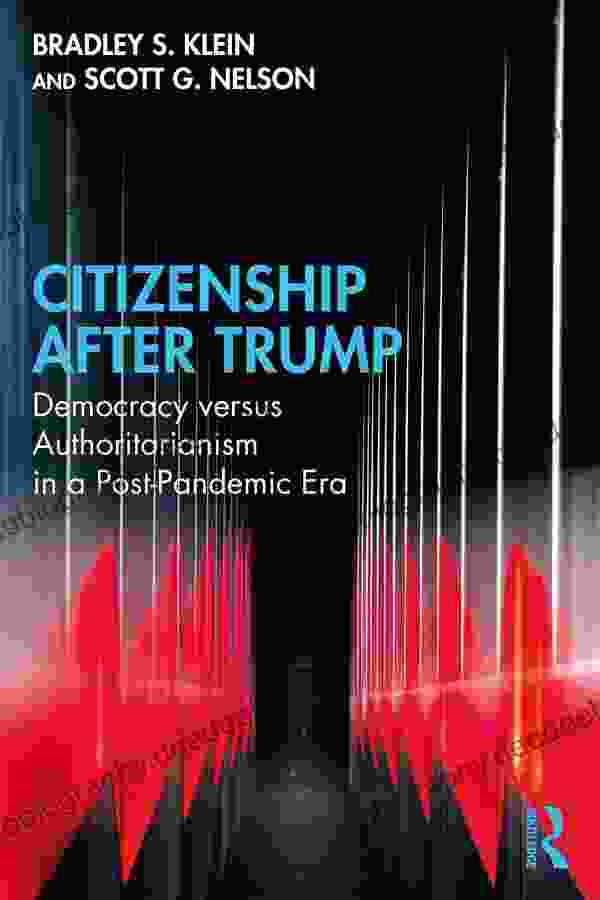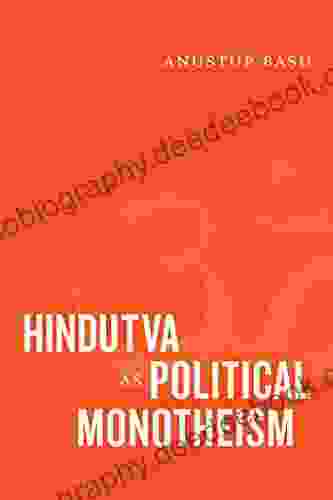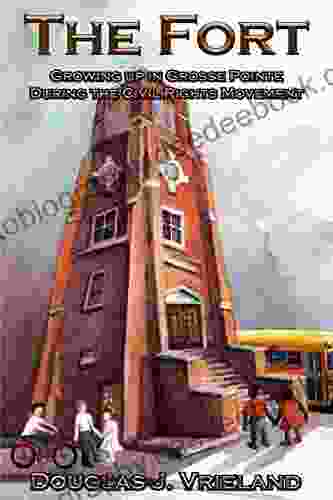Hindutva as Political Monotheism: Exploring the Interplay of Religion and Politics in India

Hindutva, a concept closely associated with India's political landscape, is a complex ideology that has influenced the nation's social and political discourse for decades. At its core, Hindutva espouses the idea of India as a Hindu nation and seeks to promote Hindu values, traditions, and culture within the political sphere. This ideology has been embraced by various political organizations, most notably the Bharatiya Janata Party (BJP) and its parent organization, the Rashtriya Swayamsevak Sangh (RSS). In this article, we delve into the concept of Hindutva as political monotheism, examining its origins, evolution, and implications for Indian society and politics.
Origins and Evolution of Hindutva
The roots of Hindutva can be traced back to the late 19th century, during the British colonial era. As India struggled for independence, various religious and nationalist movements emerged, seeking to revive Hindu identity and strengthen Hindu unity. One such movement was the Arya Samaj, founded by Swami Dayanand Saraswati in 1875. The Arya Samaj promoted a puritanical form of Hinduism, emphasizing monotheism, the rejection of idol worship, and the belief in the Vedas as the sole source of religious authority.
4 out of 5
| Language | : | English |
| File size | : | 825 KB |
| Text-to-Speech | : | Enabled |
| Screen Reader | : | Supported |
| Enhanced typesetting | : | Enabled |
| Word Wise | : | Enabled |
| Print length | : | 288 pages |
The concept of Hindutva was further developed by Vinayak Damodar Savarkar, a prominent Indian nationalist and political philosopher. In his book "Hindutva: Who is a Hindu?", published in 1923, Savarkar argued that Hindutva is not merely a religion but a cultural and political identity that encompasses all those who share a common heritage, history, and culture rooted in the Indian subcontinent. Savarkar's ideas gained traction within the Hindu nationalist movement and became a cornerstone of Hindutva ideology.
Hindutva as Political Monotheism
One of the key characteristics of Hindutva is its assertion of Hindu supremacy. Hindutva proponents believe that Hinduism is the true and original religion of India, and that all other religious communities, including Muslims and Christians, are outsiders who have come to India from foreign lands. This belief has led to a form of political monotheism, where Hinduism is seen as the only legitimate political and cultural identity for India.
Hindutva's political monotheism is manifested in various ways. One is the demand for a "Hindu Rashtra" or Hindu nation, where the laws and institutions of the state are based on Hindu principles and values. Hindutva proponents also advocate for the protection of Hindu religious symbols and practices, such as the ban on cow slaughter and the promotion of yoga and Ayurveda. Furthermore, they seek to restrict the influence of other religious communities in public life, often leading to communal tensions and violence.
Hindutva and the BJP
The ideology of Hindutva has been closely associated with the Bharatiya Janata Party (BJP),a major political party in India. The BJP was founded in 1980 as the political arm of the Rashtriya Swayamsevak Sangh (RSS),a Hindu nationalist organization. The RSS, founded in 1925, has played a significant role in shaping the Hindutva ideology and has been a major force behind the BJP's rise to power.
Under the leadership of Prime Minister Narendra Modi, the BJP has pursued a Hindutva-centric agenda, promoting Hindu nationalist policies and rhetoric. The party has passed laws aimed at protecting Hindu religious sentiments, such as the prohibition of cow slaughter and the criminalization of religious conversions. Additionally, the BJP has supported the construction of a grand Hindu temple in Ayodhya, a site of religious significance for Hindus.
Implications of Hindutva as Political Monotheism
Hindutva as political monotheism has profound implications for Indian society and politics. It has led to increased polarization along religious lines, with tensions between Hindu and Muslim communities often escalating into violence. Furthermore, the assertion of Hindu supremacy has marginalized other religious minorities, creating a sense of insecurity and discrimination among non-Hindu citizens.
Politically, Hindutva has strengthened the BJP's position as the dominant party in India. By appealing to Hindu nationalist sentiments, the BJP has been able to mobilize a large voter base and secure electoral victories. However, the party's pursuit of Hindutva policies has also alienated other sections of society, including secularists, liberals, and members of minority religious communities.
Hindutva as political monotheism is a complex and contested ideology that has shaped Indian politics and society for over a century. Its origins in the late 19th century Hindu nationalist movement and its evolution through the writings of Vinayak Damodar Savarkar have led to a belief in Hindu supremacy and the assertion of Hinduism as the sole legitimate political and cultural identity for India. The ideology's manifestation in the policies and actions of the BJP has had far-reaching consequences, exacerbating religious tensions, marginalizing religious minorities, and polarizing Indian society.
The future of Hindutva as political monotheism in India remains uncertain. While the BJP continues to espouse Hindutva as its core ideology, there are growing voices of dissent and resistance from those who reject its divisive and discriminatory aspects. The interplay of religion and politics in India is a complex and evolving phenomenon, and the role of Hindutva within that dynamic will continue to shape the nation's social and political landscape for years to come.
4 out of 5
| Language | : | English |
| File size | : | 825 KB |
| Text-to-Speech | : | Enabled |
| Screen Reader | : | Supported |
| Enhanced typesetting | : | Enabled |
| Word Wise | : | Enabled |
| Print length | : | 288 pages |
Do you want to contribute by writing guest posts on this blog?
Please contact us and send us a resume of previous articles that you have written.
 Novel
Novel Chapter
Chapter Text
Text Genre
Genre E-book
E-book Magazine
Magazine Newspaper
Newspaper Shelf
Shelf Glossary
Glossary Preface
Preface Annotation
Annotation Manuscript
Manuscript Codex
Codex Tome
Tome Classics
Classics Library card
Library card Narrative
Narrative Biography
Biography Memoir
Memoir Encyclopedia
Encyclopedia Thesaurus
Thesaurus Narrator
Narrator Character
Character Resolution
Resolution Catalog
Catalog Borrowing
Borrowing Stacks
Stacks Study
Study Research
Research Lending
Lending Reserve
Reserve Reading Room
Reading Room Special Collections
Special Collections Interlibrary
Interlibrary Literacy
Literacy Dissertation
Dissertation Awards
Awards Reading List
Reading List Book Club
Book Club Theory
Theory Margaret Atwood
Margaret Atwood Phil Mailer
Phil Mailer Karen Mcwilliams
Karen Mcwilliams Pierre Alex Jeanty
Pierre Alex Jeanty Dorree Lynn
Dorree Lynn Mairsile Leabhair
Mairsile Leabhair Ava Blum
Ava Blum John Suchet
John Suchet Sylvia Ann Hewlett
Sylvia Ann Hewlett Ulrich Beck
Ulrich Beck Betsy Hartmann
Betsy Hartmann Mitch Friedman
Mitch Friedman David Milgrim
David Milgrim Caroline Heldman
Caroline Heldman Maureen Connolly
Maureen Connolly Sheila Tate
Sheila Tate Joey Rogers
Joey Rogers Sean Taylor
Sean Taylor Anthony Mitchell Sammarco
Anthony Mitchell Sammarco Cheryl D Clay
Cheryl D Clay
Light bulbAdvertise smarter! Our strategic ad space ensures maximum exposure. Reserve your spot today!
 Eugene ScottFollow ·9.3k
Eugene ScottFollow ·9.3k Billy FosterFollow ·2.7k
Billy FosterFollow ·2.7k Shaun NelsonFollow ·6.5k
Shaun NelsonFollow ·6.5k Austin FordFollow ·4.4k
Austin FordFollow ·4.4k Chuck MitchellFollow ·10.7k
Chuck MitchellFollow ·10.7k Carlos DrummondFollow ·10.5k
Carlos DrummondFollow ·10.5k Drew BellFollow ·3.1k
Drew BellFollow ·3.1k Foster HayesFollow ·2.4k
Foster HayesFollow ·2.4k

 Fletcher Mitchell
Fletcher MitchellEducation And Peace Montessori 10: Where Learning...
A Symphony of Learning and Well-being Amidst...

 Glen Powell
Glen PowellUnveiling the Wonders of Language and Literacy...
Language and literacy...

 Rod Ward
Rod WardThe Portable Benjamin Franklin: A Timeless Collection of...
In the vast tapestry of American history,...

 Kelly Blair
Kelly BlairDemocracy Versus Authoritarianism in the Post-Pandemic...
The COVID-19...

 Colin Richardson
Colin RichardsonGet Inspired To Shoot Over 130 Poses
Are you looking for...

 Jared Nelson
Jared NelsonEmbark on a Shadowy Journey: The Forbidden Wilds and...
Prologue: A Realm Enshrouded in Darkness As...
4 out of 5
| Language | : | English |
| File size | : | 825 KB |
| Text-to-Speech | : | Enabled |
| Screen Reader | : | Supported |
| Enhanced typesetting | : | Enabled |
| Word Wise | : | Enabled |
| Print length | : | 288 pages |












